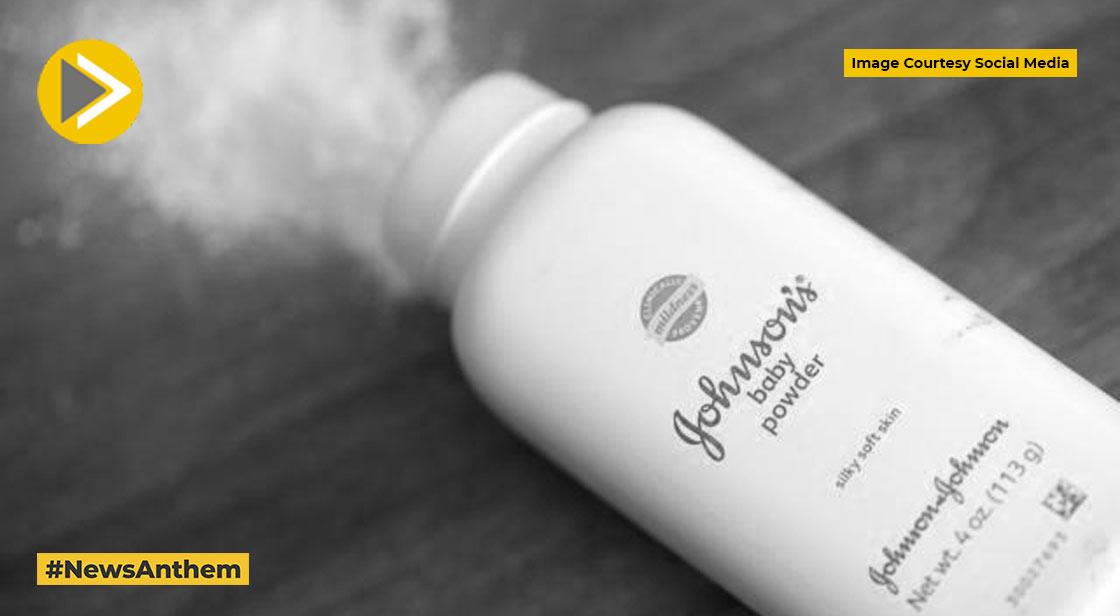Johnson & Johnson (J&J) To Stop Producing And Marketing Its Talc-based Baby Powder Globally

News Synopsis
Beginning the next year, Johnson & Johnson (J&J) would no longer produce or market its talc-based baby powder globally. More than two years have passed since the healthcare behemoth stopped selling the product in the US before the announcement.
Tens of thousands of women have filed claims against J&J, claiming that the company's talcum powder contains asbestos and contributed to their development of ovarian cancer. However, the corporation reaffirmed its position that years of independent research had demonstrated the product's safety.
According to a statement, "we have made the commercial decision to move to an all-cornstarch-based baby powder portfolio as part of a global portfolio assessment." Customers and their survivors have filed lawsuits against the firm, claiming that J&J's talc products had asbestos contamination and contributed to their cancer. Talc is extracted from the earth and is located in seams next to asbestos, a substance considered to be carcinogenic.
According to an investigation from 2018, J&J had long known that asbestos was contained in its talc products. J&J's finished powders and raw talc occasionally tested positive for trace levels of asbestos from at least 1971 through the early 2000s, according to corporate documents, trial testimony, and other evidence.
The company has consistently refuted the claims in response to asbestos contamination evidence given in courtrooms, in media stories, and before US lawmakers. Since it has been on the market for almost 130 years, Johnson's Baby Powder has come to represent the brand's commitment to families. Nappy rash can be avoided with baby powder, which is also used cosmetically and as a dry shampoo.
You May Like









